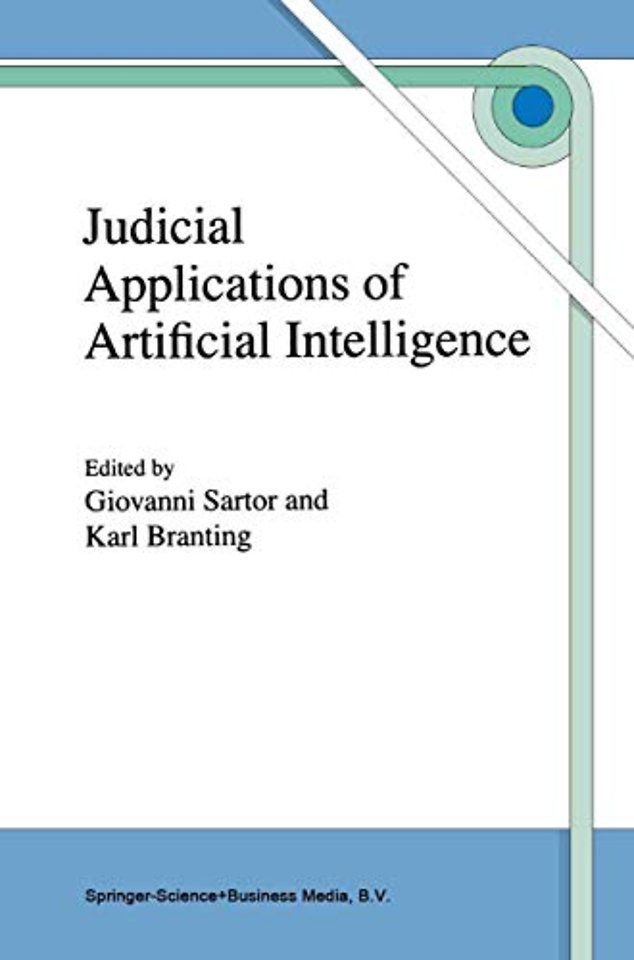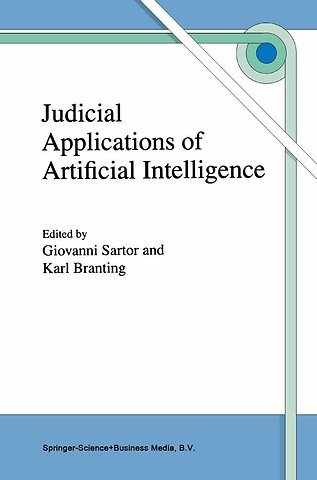Judicial Applications of Artificial Intelligence
Samenvatting
The judiciary is in the early stages of a transformation in which AI (Artificial Intelligence) technology will help to make the judicial process faster, cheaper, and more predictable without compromising the integrity of judges' discretionary reasoning. Judicial decision-making is an area of daunting complexity, where highly sophisticated legal expertise merges with cognitive and emotional competence. How can AI contribute to a process that encompasses such a wide range of knowledge, judgment, and experience? Rather than aiming at the impossible dream (or nightmare) of building an automatic judge, AI research has had two more practical goals: producing tools to support judicial activities, including programs for intelligent document assembly, case retrieval, and support for discretionary decision-making; and developing new analytical tools for understanding and modeling the judicial process, such as case-based reasoning and formal models of dialectics, argumentation, and negotiation.
Judges, squeezed between tightening budgets and increasing demands for justice, are desperately trying to maintain the quality of their decision-making process while coping with time and resource limitations. Flexible AI tools for decision support may promote uniformity and efficiency in judicial practice, while supporting rational judicial discretion. Similarly, AI may promote flexibility, efficiency and accuracy in other judicial tasks, such as drafting various judicial documents. The contributions in this volume exemplify some of the directions that the AI transformation of the judiciary will take.

